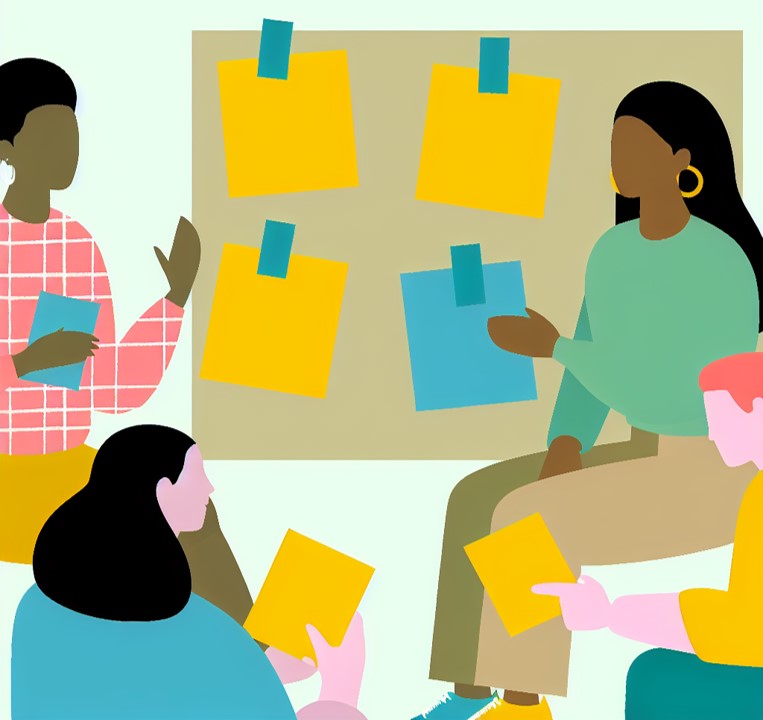Do you know the story of how Napoleon retook the port of Toulon from the British? It is an interesting example on how free-form thinking can beat linear thinking. Here’s how:
Napoleon suggested an unconventional strategy: instead of a direct assault, he aimed to capture the smaller fort of L’Aiguilette, which overlooked Toulon. By taking this high ground, he forced the British to retreat, demonstrating the power of combining past knowledge with innovative thinking.
Napoleon's success was due to his ability to bring together various elements from his memory and experience: understanding the contour maps of Toulon, knowing how to deploy light cannon, and recalling past British defeats. None of these insights were taught together, but through selective recombination, Napoleon formed a winning strategy.
This process is called 'strategic intuition'. It’s the idea that our brains are non-linear, often delivering fresh insights by connecting seemingly unrelated thoughts. However, traditional tools like Word, PowerPoint, and Excel enforce a linear way of organizing information, which can stifle this natural, creative process.
Harnessing Non-Linear Thinking with Kanva
At Kanva, we understand the need to align our brainstorming tools with the brain's non-linear capabilities. Traditional tools categorize information into pages, slides, or tabs, increasing cognitive load and hindering creative connections. To truly embrace our brain’s strengths, we need tools that support free-form, dynamic thinking.
The Power of Post-It Notes
Post-It notes are an excellent tool to support non-linear thinking. Here's why:
-
Making Connections:
Post-It notes allow for a visual and flexible arrangement of ideas. You can map out a concept, highlight connections, and rearrange thoughts until a cohesive narrative forms. This method celebrates the brain’s non-linear thinking and makes it easier to visualize complex relationships.
-
Free-Form Structure:
Covering a wall with Post-It notes creates a flexible structure. Each time you review your notes, you can see them in a new light, discovering new meanings and insights. This method avoids imposing a rigid structure, allowing for a more natural flow of ideas.
-
Encourage Collaboration:
Post-It notes facilitate collaborative thinking. By displaying your thoughts, you invite others to contribute, edit, and rationalize ideas. This shared activity enhances creativity and builds a common understanding among team members.
Conclusion
Before your next project, consider stepping away from traditional, linear tools. Embrace tools like Kanva, harnessing the full potential of your brain’s non-linear thinking. Let your ideas flow freely, make connections, and foster collaboration for a more innovative and effective brainstorming process.


Laat een reactie achter
Alle reacties worden gemodereerd voordat ze worden gepubliceerd.
Deze site wordt beschermd door hCaptcha en het privacybeleid en de servicevoorwaarden van hCaptcha zijn van toepassing.